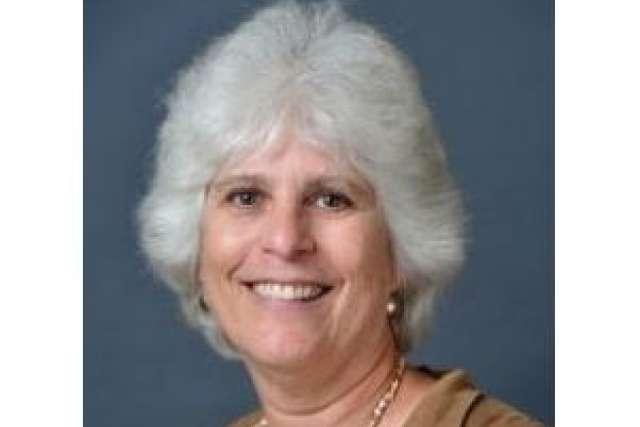The group, which includes UCLA Fielding School of Health professor Susan D. Cochran, says the removal of these disorders will make getting health care easier for gay individuals and others who may have gender atypicality. Their recommendations, if adopted, would resolve "a human rights issue," Cochran said.
The WHO is currently revising the 10th edition of the ICD in preparation for release of the 11th edition in 2017. Recommendations made by the organization, the world body charged with deciding what is a disease, are followed by more than 170 countries, including the United States.
"In California, gay people may have the right to marry, but in most of the world, being gay can be dangerous," said Cochran, a clinical psychologist and epidemiologist. "There are at least six countries that criminalize homosexuality with a possible death sentence. This recommendation, to remove diagnoses that have no scientific basis, is a way of cleansing our public health apparatus of the social animus directed at a group of people for reasons that have no health justification."
The working group’s recommendation must go through several layers of approval, the final stage being a vote by the WHO’s member countries.
In 1974, the American Psychiatric Association said it would no longer consider homosexuality a mental illness, but the group created a new disorder — ego-dystonic homosexuality — as a political compromise. Later, that disorder was also dropped as a diagnosis. In the most recent version of the APA’s Diagnostic and Statistical Manual of Mental Disorders, all references to sexual orientation being associated with mental disorders were eliminated.
In 1990, the ICD also removed any references to homosexuality as a mental illness, but it retained several other purported disorders. For example, Cochran noted, if a married person decided one day they were gay and wanted a divorce, the ICD considered that a mental disorder, and still does. Or if a teenager was unsure if he or she was gay, straight or bisexual and suffered distress over it, that was mental disorder. If a person was gay and wished not to be, that too was a disorder.
"It doesn’t make any sense," Cochran said. "If a person were short and wished they weren’t, that is not a disorder. Or if someone was a lousy singer and wished they weren’t, that is not a disorder. In other words, the ICD takes content that is sexual orientation–related and attaches a diagnosis to it in ways that it does not do for other aspects of people."
If the group’s recommendation is adopted, Cochran said, it will have an immediate impact on access to health care. Every health care event and every doctor visit has an ICD code attached to it, and these codes are used for insurance billing, public health surveillance and medical records. By removing the codes related to sexual orientation, the health care that gay people receive will improve, she said.
Now, for example, if a gay man is depressed and seeks care, he is vulnerable to being mistreated by the health system. If he says he’s upset about how he is perceived as a gay man and wishes he were straight, he could be diagnosed with ego-dystonic homosexuality. Even discredited treatments like conversion therapy, which have been deemed unethical, are sometimes justified by this diagnosis. With the codes removed, it will be more likely that the same complaints will result in a proper diagnosis of depression and treatments for that depression.
"This means that gay people can feel free to seek care, to share their concerns and not fear that they will be diagnosed with a mental illness simply because the content is about homosexuality or gender atypicality," Cochran said. "It would mean an end to the medicalization of homosexuality."
An article published in the latest issue of the Bulletin of World Health Organization outlined the scientific basis for the recommendation to delete the sexual orientation-related disorders from the ICD.
"It is not justifiable from a clinical, public health or research perspective for a diagnostic classification to be based on sexual orientation," the article states.



